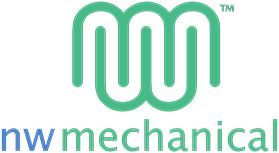 You’ve done your homework - you know that using solar power is better for the environment and will save you money on your energy bills in the long run. But, if you are considering installing solar panels on your Seattle-area home, you very likely still have many questions. Here are a few of the most popular questions homeowners like yourself have asked our professionals.
You’ve done your homework - you know that using solar power is better for the environment and will save you money on your energy bills in the long run. But, if you are considering installing solar panels on your Seattle-area home, you very likely still have many questions. Here are a few of the most popular questions homeowners like yourself have asked our professionals.
Q: How big a solar energy system do I need?
A: The size of solar panel or PV system you need depends on several factors such as how much electricity or hot water or space heat you use, the size of your roof, and how much you're willing to invest. Also, do you want the system to supply your complete energy usage or to supplant a portion of your higher cost energy usage? You can contact a system designer/installer to determine what type of system would suit your needs.
Q: How long do photovoltaic (PV) systems last?
A: A PV system that is designed, installed, and maintained well will operate for more than 20 years. The basic PV module (interconnected, enclosed panel of PV cells) has no moving parts and can last more than 30 years. The best way to ensure and extend the life and effectiveness of your PV system is by having it installed and maintained properly.
Q: Where is the energy stored for solar energy?
A: Even though the solar panels collect the energy created by the sun, they do not actually harness that power themselves. Each panel is made up of solar cells which are in series and all the electricity is channeled to a power supply like a pack of large batteries. These batteries allow power to be used at night or on cloudy days when there is not much sun. Every solar power system needs a place to store the energy, and as batteries become more efficient this becomes much more cost effective as well.
Q: I’ve heard of “net metering”, what is this?
A: Net metering measures the difference between the electricity you buy from your utility and the electricity you produce with your solar energy system. Under net metering, any excess electricity produced by your solar energy system is delivered back into the utility grid, effectively spinning your meter backward. Your meter spins forward when your solar energy system is not producing all of the electricity you are currently using. Your electric meter keeps track of this net difference as you generate electricity and take electricity from the utility grid.
Q: Can I use solar power to heat my home’s hot water or even my swimming pool?
A: Yes!
Usually, solar hot-water-heating systems work in tandem with conventional gas or electric water-heating systems; the conventional systems operate as needed to ensure a reliable supply of heated water.
There are many types of solar water heaters. Solar system professionals can help you select the most appropriate system for your area and your needs.
Also, solar pools - swimming pools that use solar energy to heat them, are very popular. Solar pool-heating systems increase an unheated pool's water temperature by 10 degrees or more, and they can extend the swimming season by two to three months.


